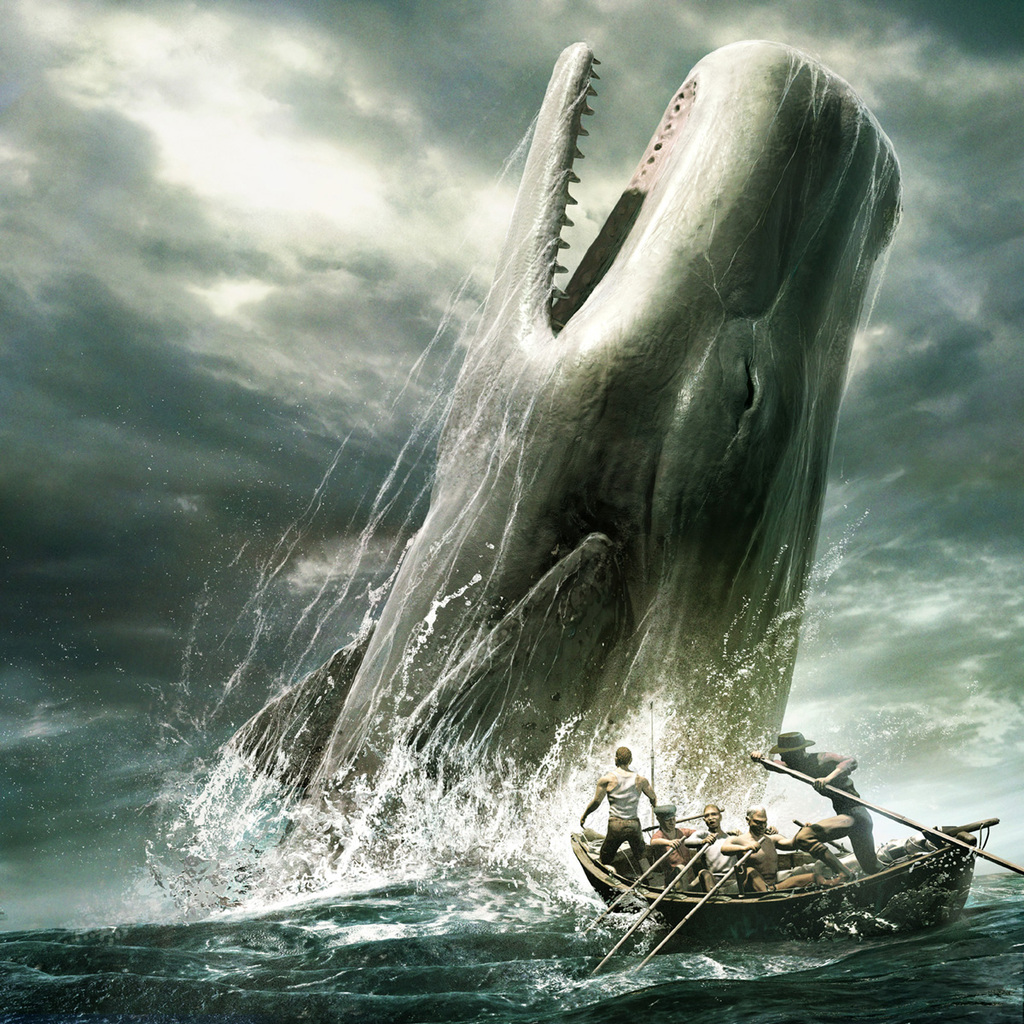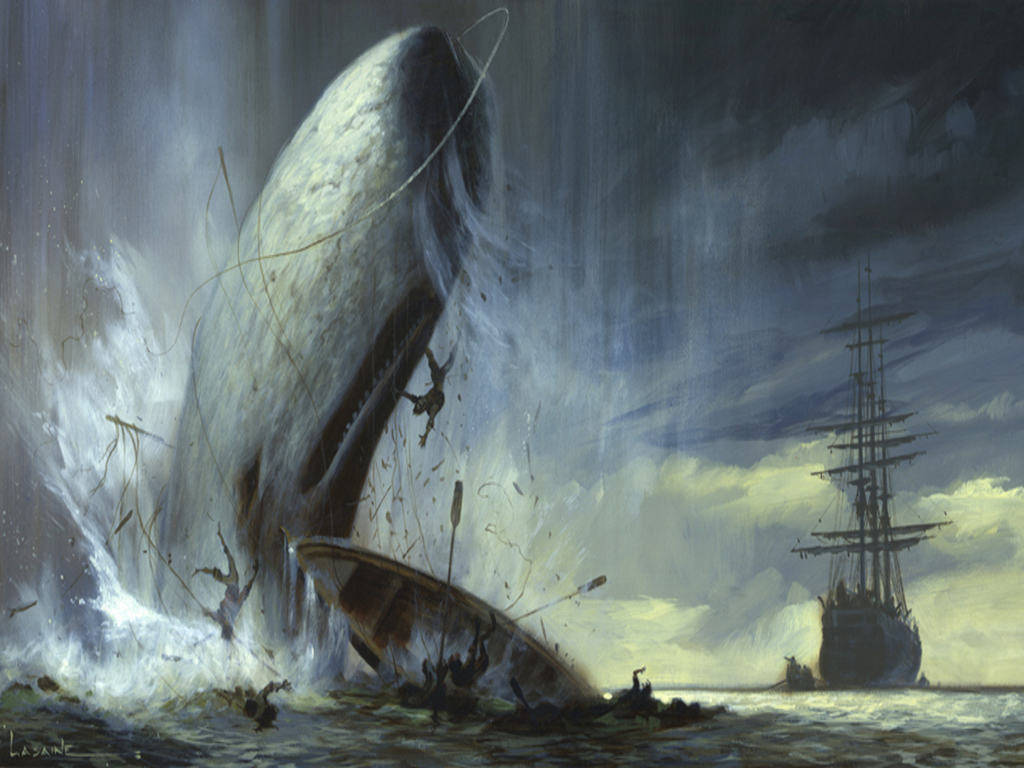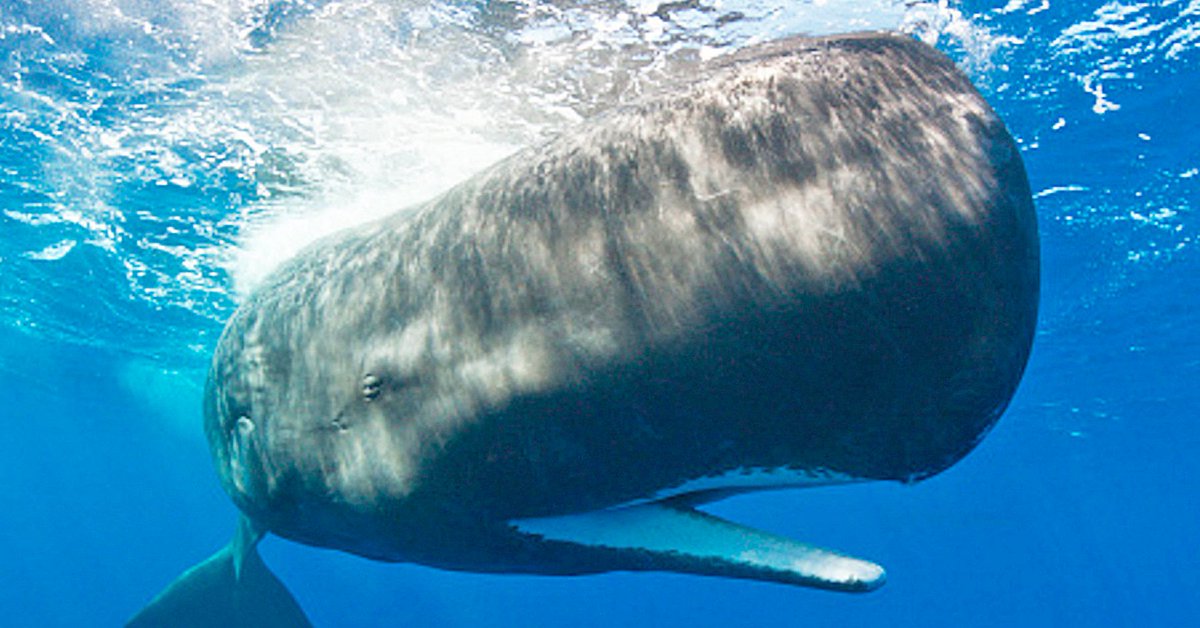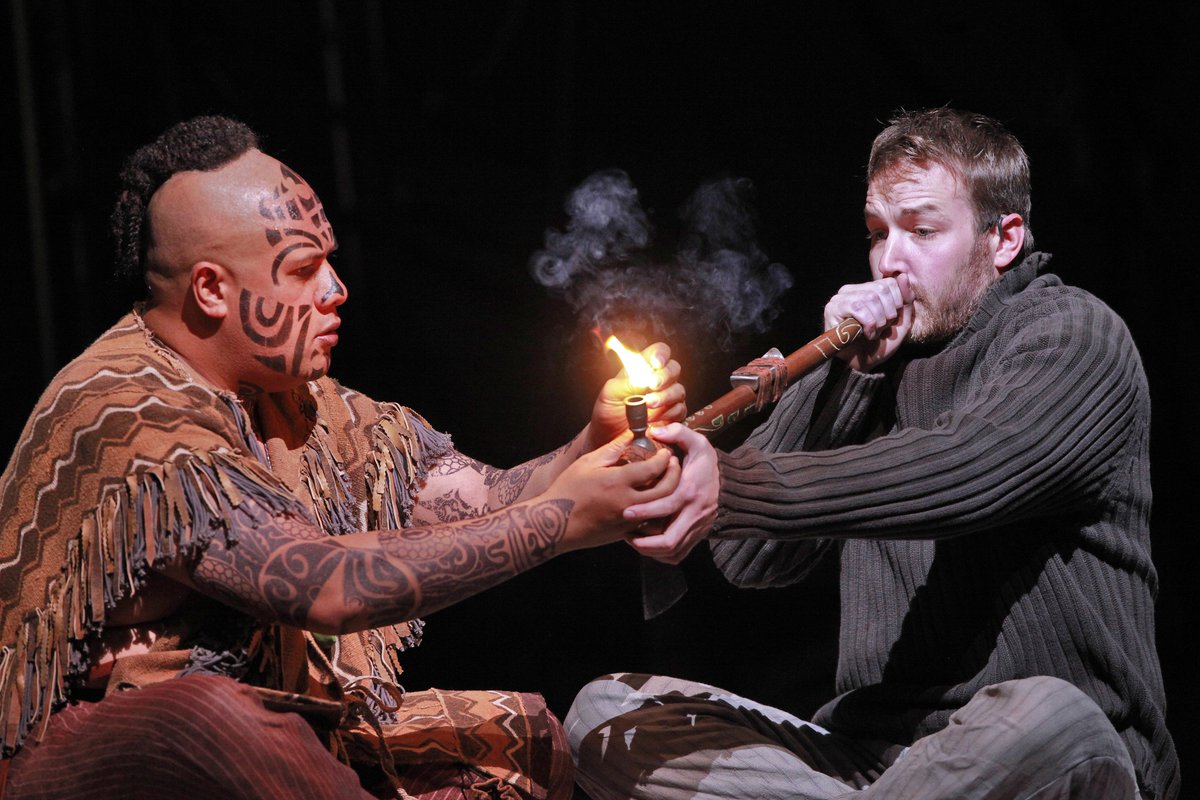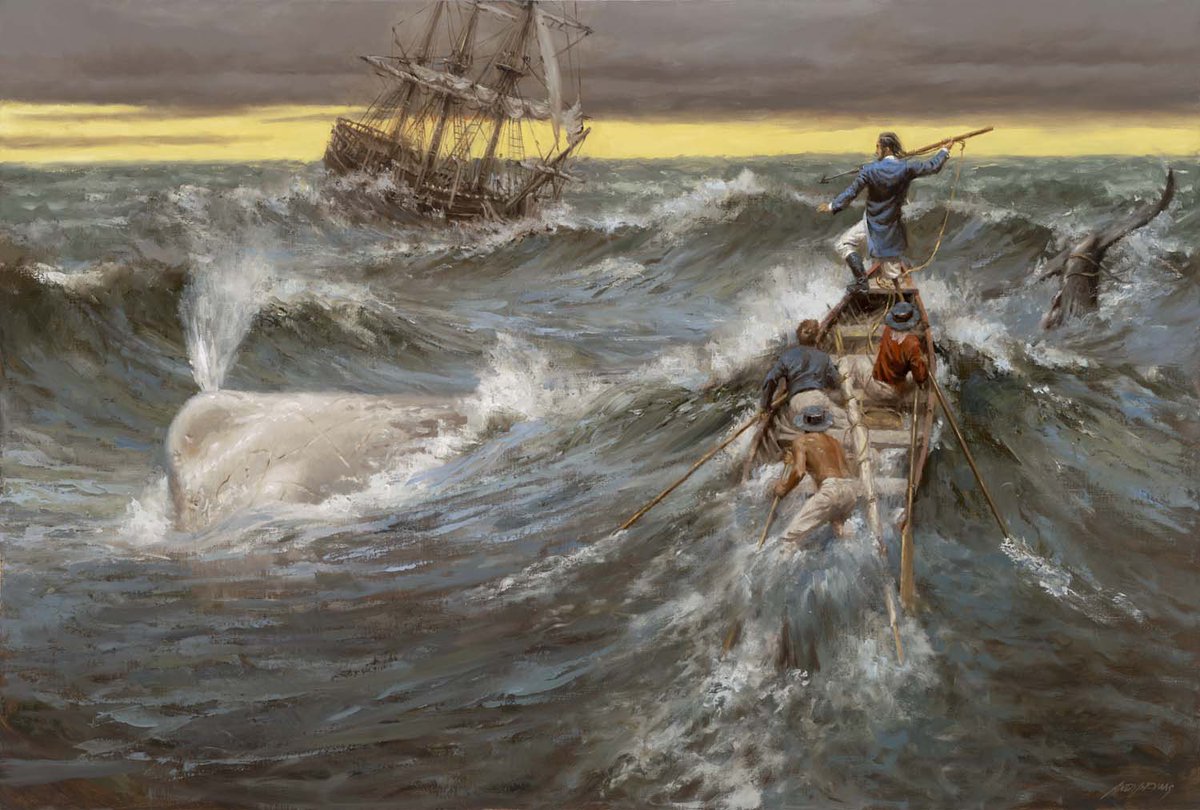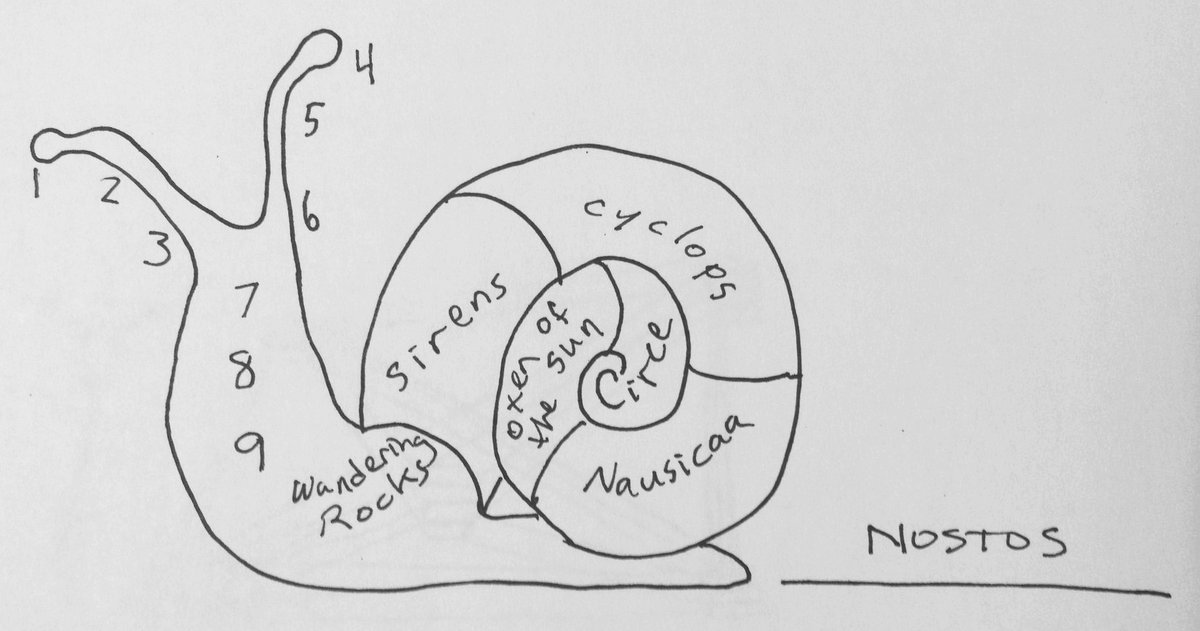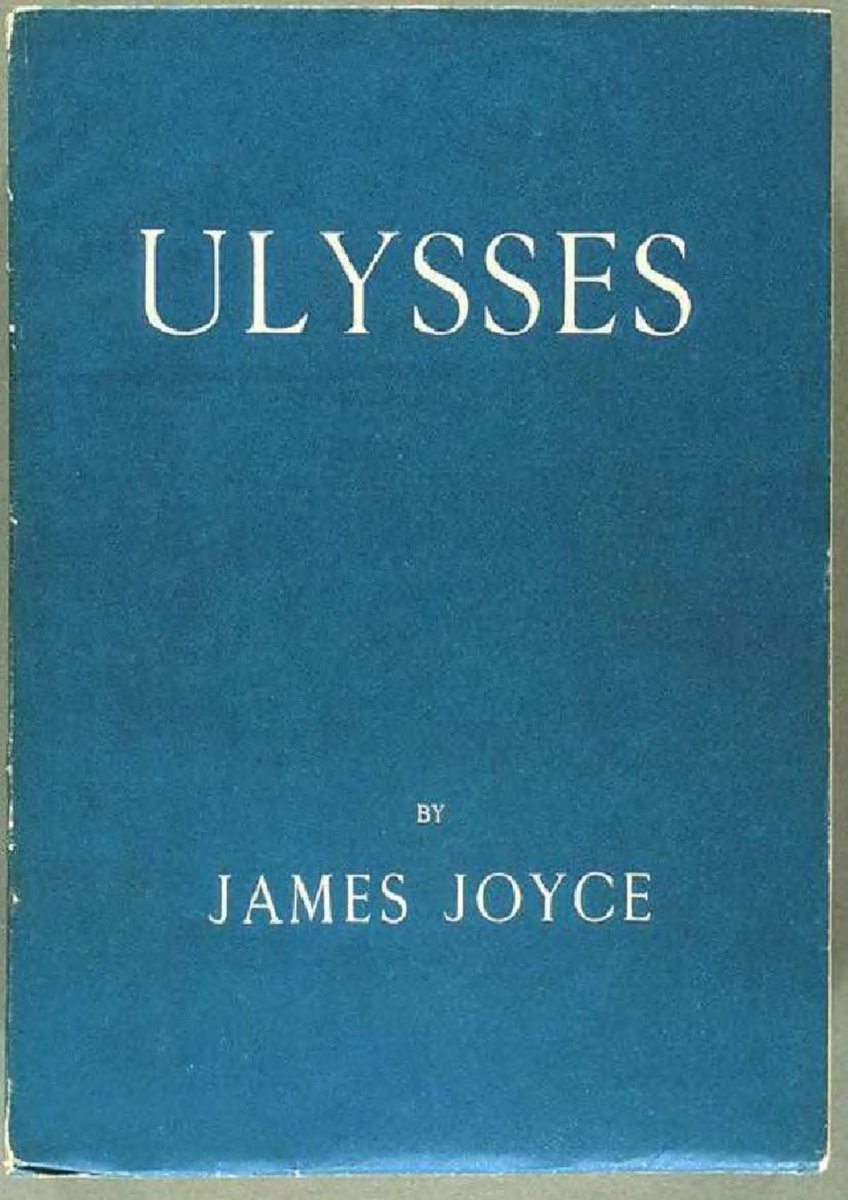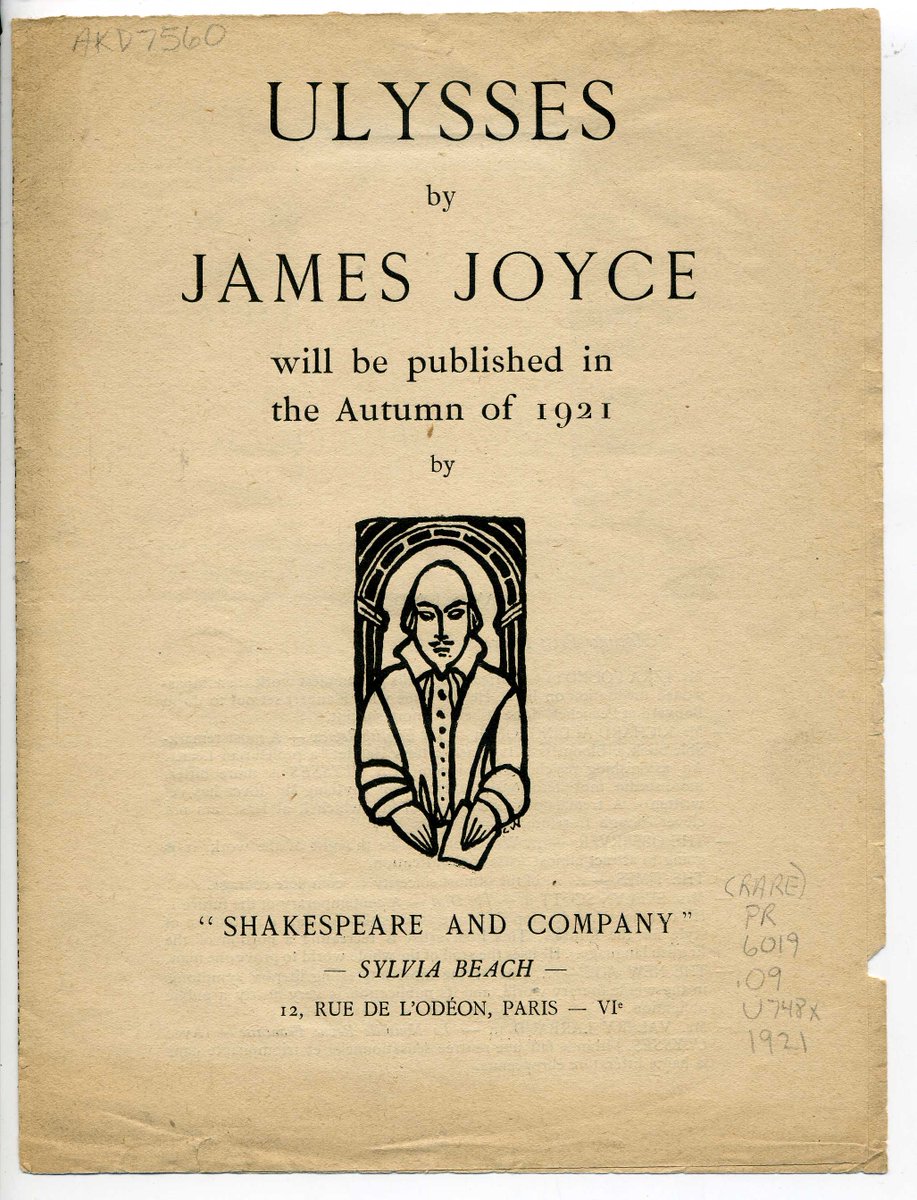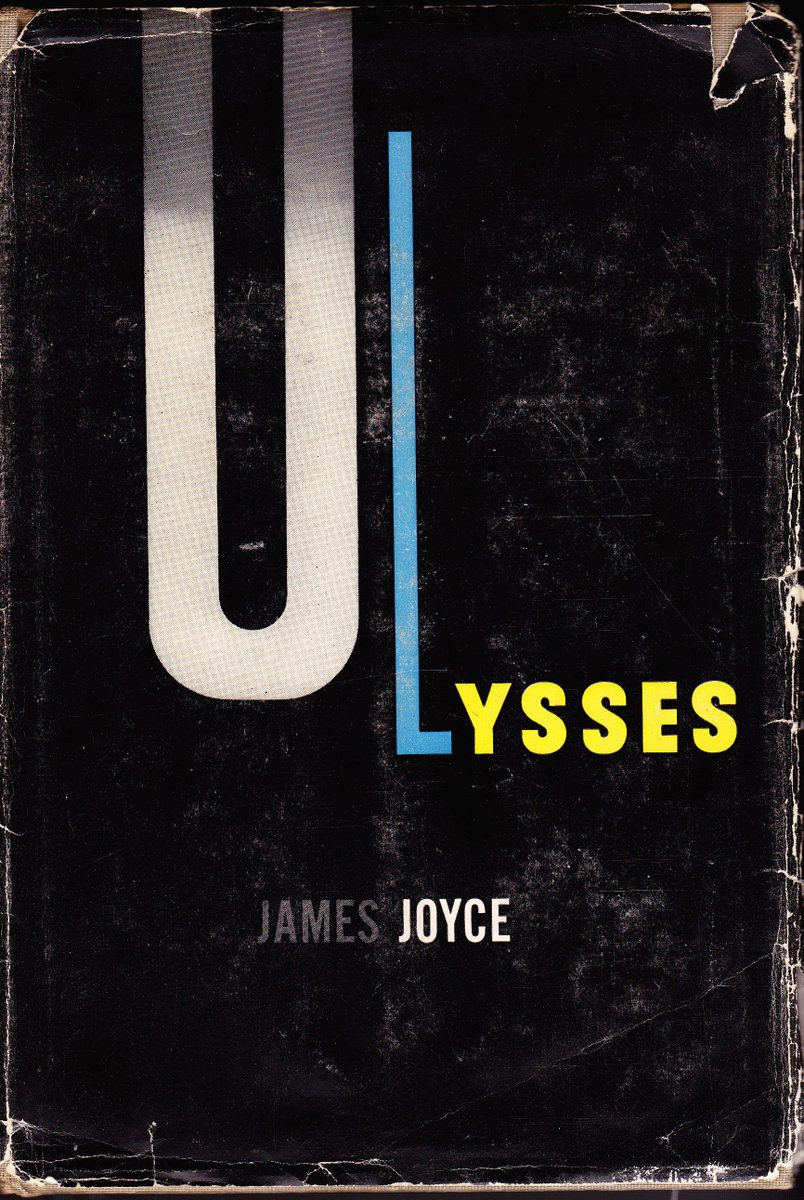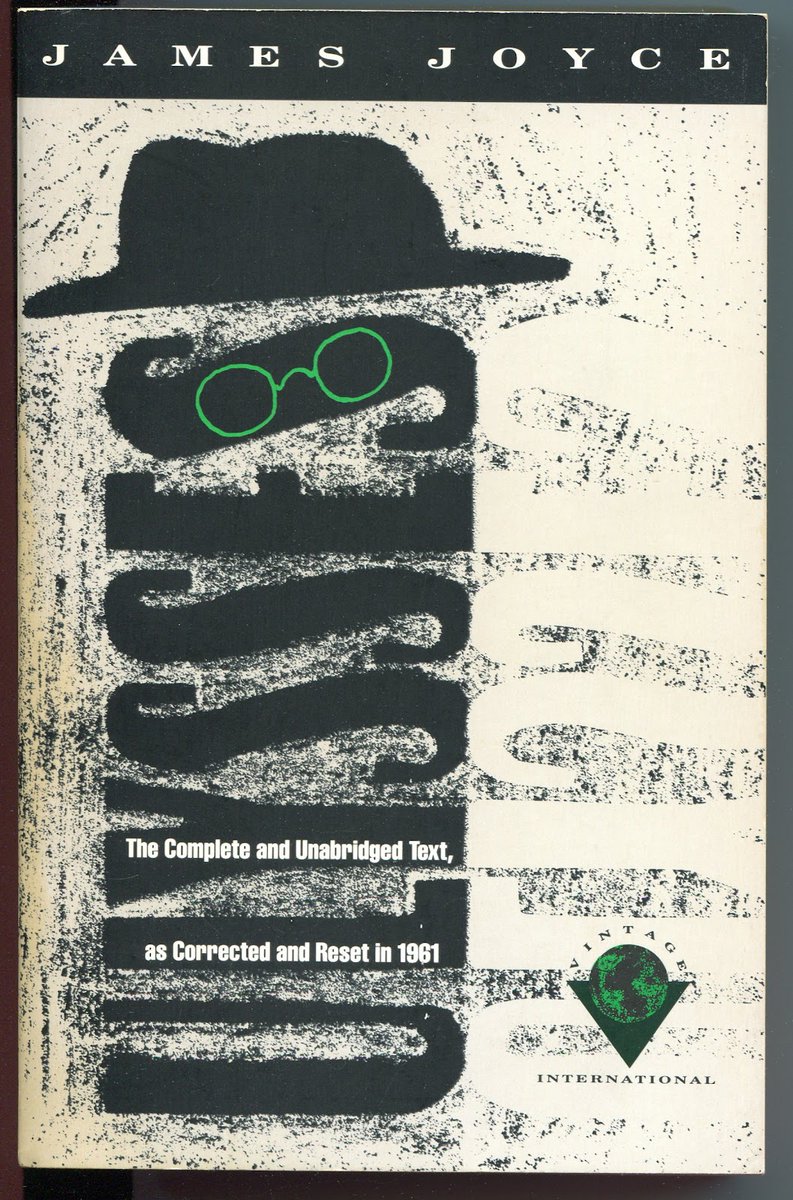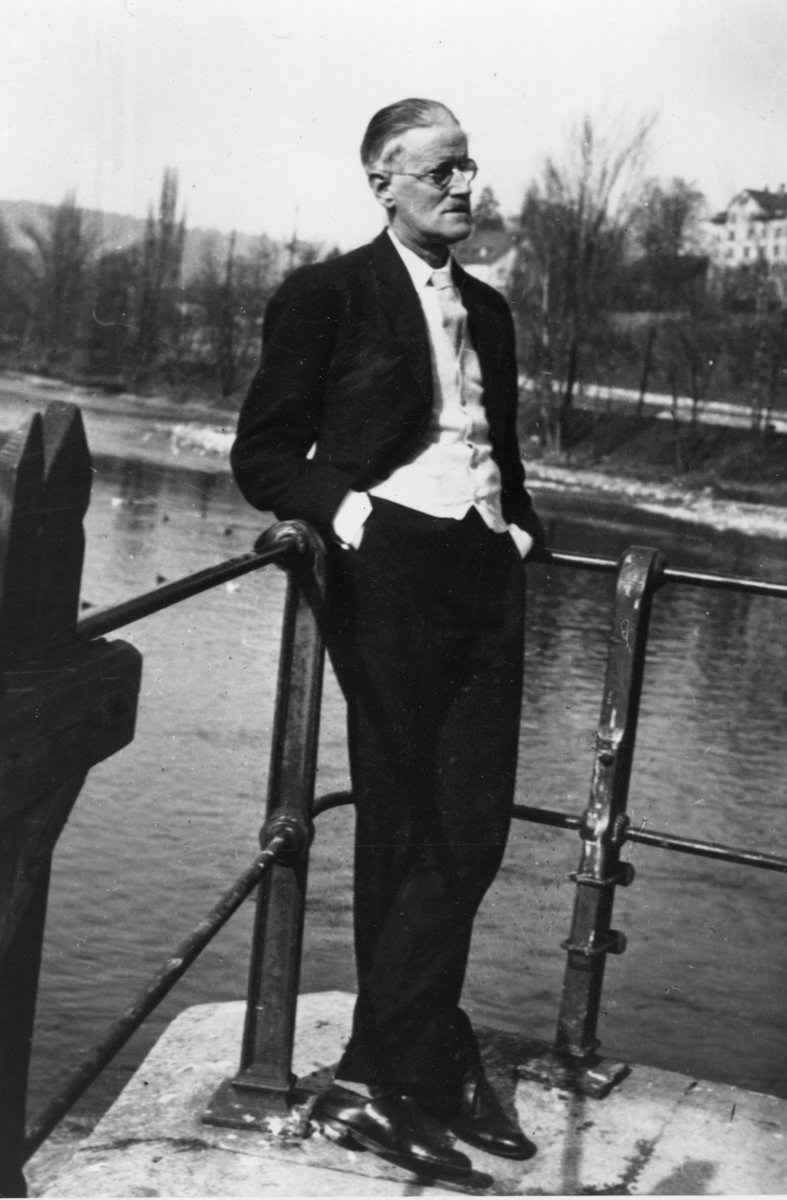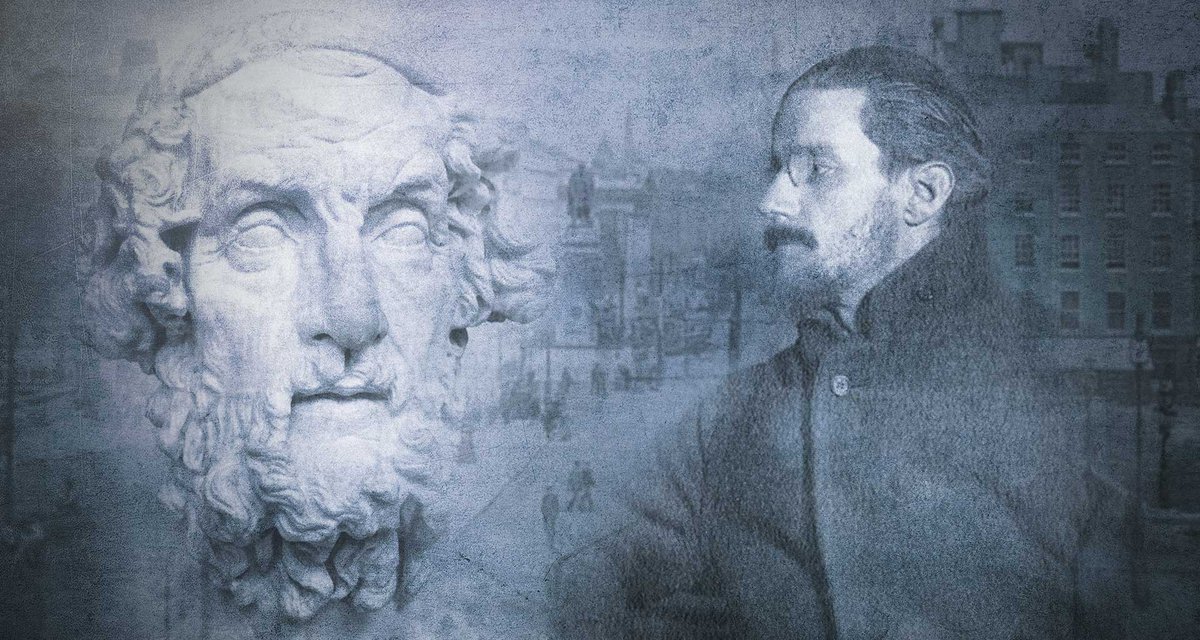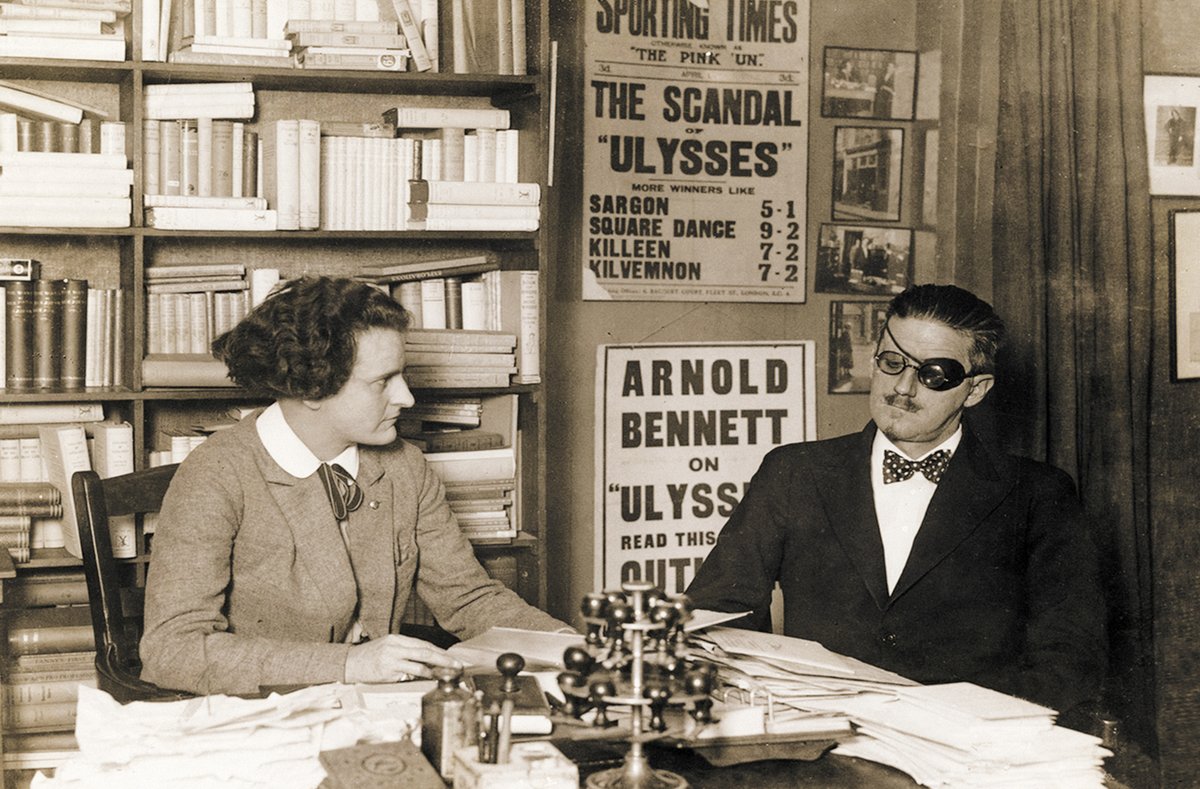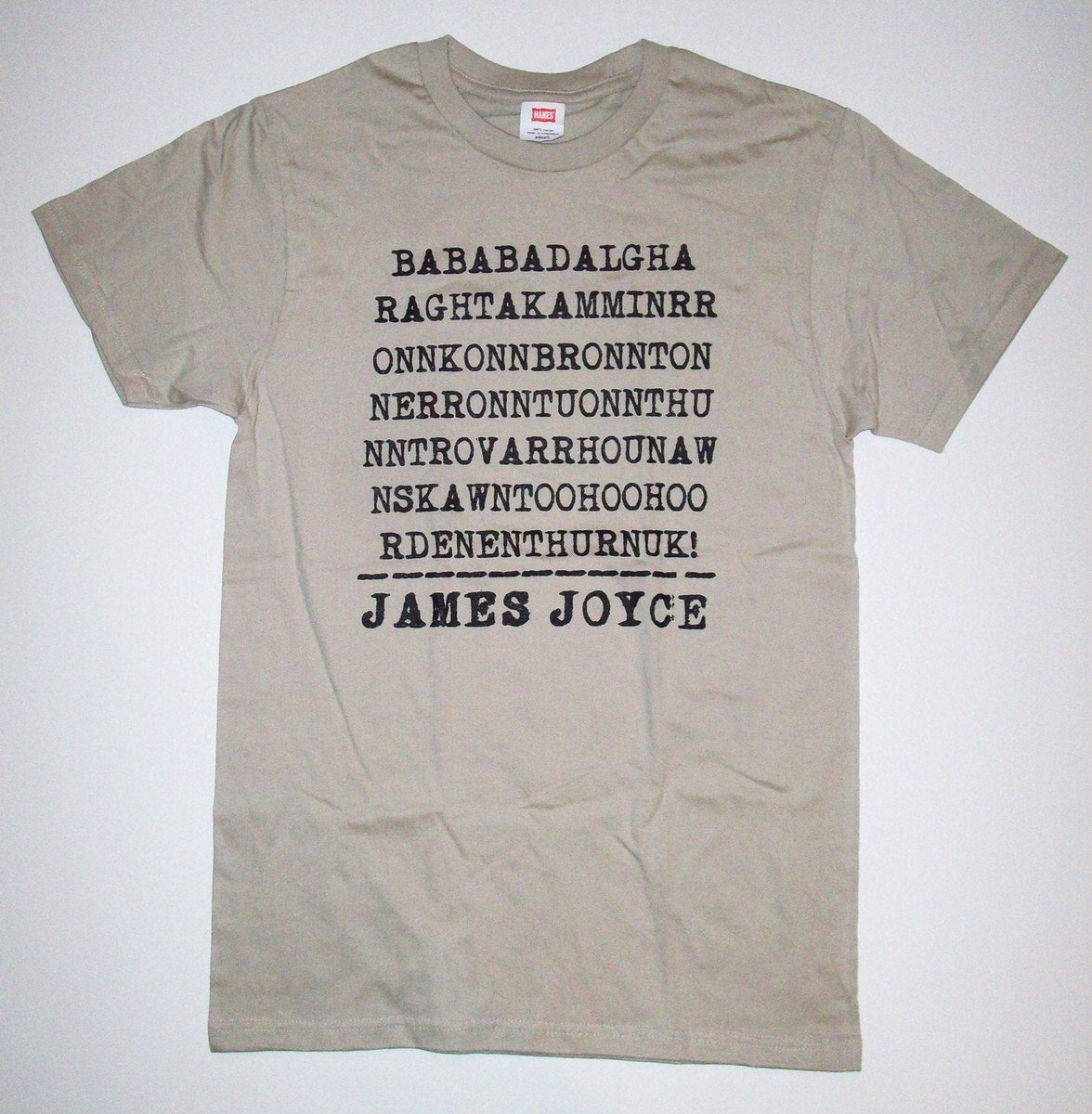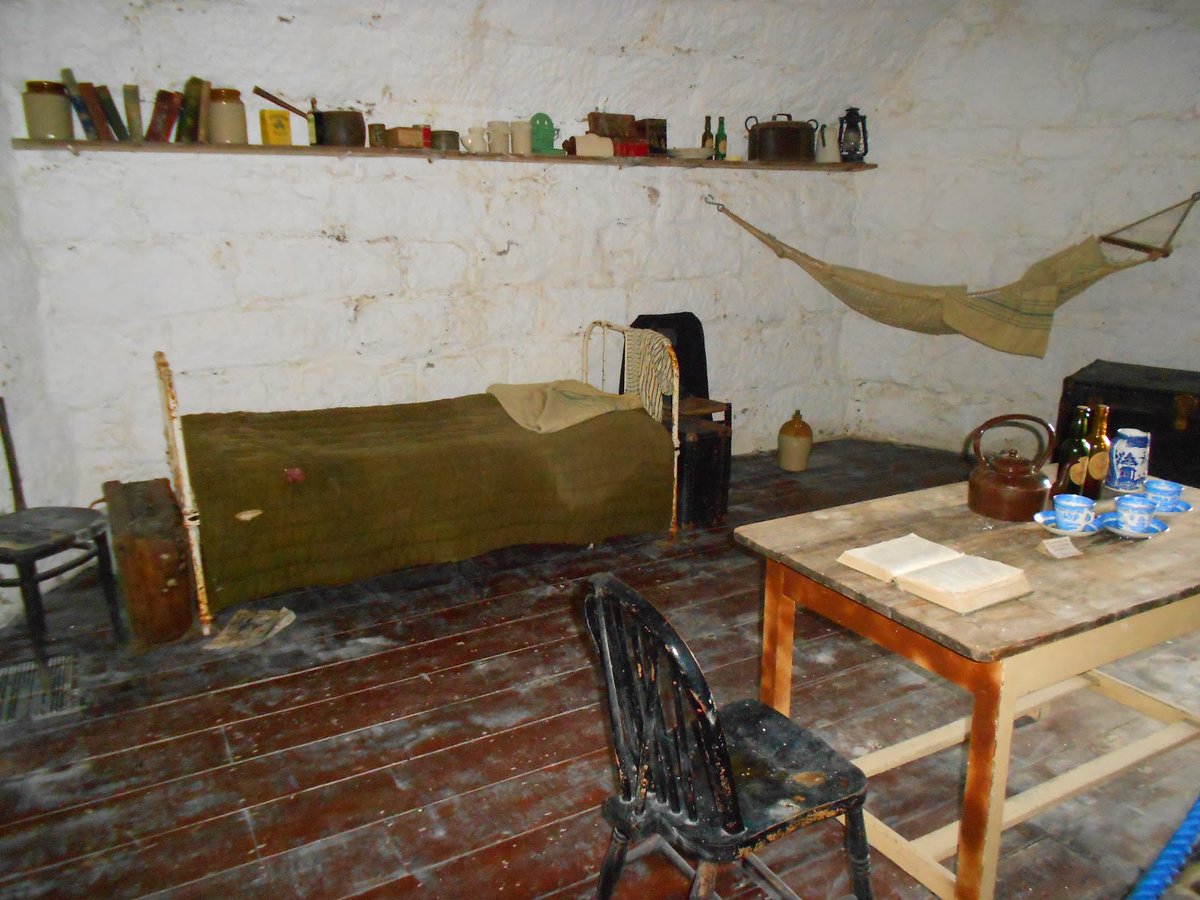I& #39;ve mentioned much of this before, but what the heck.
It turns out that #MobyDick is really not a hard book to read. The first time I read it, several years ago, I was just sailing along through it for quite a wh(a/i)le, thinking it was a fairly interesting yarn.
It turns out that #MobyDick is really not a hard book to read. The first time I read it, several years ago, I was just sailing along through it for quite a wh(a/i)le, thinking it was a fairly interesting yarn.
But then something interesting happened on the way to the Indian Ocean. That is to say, somewhere around the middle of the book, I began to suspect there was more to this novel than was immediately evident.
In large part it& #39;s the increasingly encyclopedic nature of the novel. Our faithful narrator, Ishmael ― rather, the stranger who suggests we call him Ishmael ― disappears. Who is telling this tale anyway? Why?
The Pequod is a planet populated by all nationalities adrift in a boundless spaceless timeless region of imagination and concrete risk, communicating, miscommunicating, floating free.
With every page the mystery and the magic deepened. The individual chapters, like related encyclopedia entries, combined, synergized into something beyond their constituent words. It was increasingly obvious this is a Great Book. One does not long for the end of such a novel.
But they do end, and then you look around at the world and wonder: What& #39;s next?
What& #39;s next indeed.
I looked at my bookshelves. This particular book (not this edition, of course) had been there for a number of years, unopened. I pulled it from the shelf.
What the heck. No one lives forever, so why not now?
The image on the left approximates the first copy of #Ulysses that I read. The image on the right is what is now my preferred reading copy, but that& #39;s just a personal preference.
A few pages in that first time, I confirmed that reading #JamesJoyce is not as easy as reading Herman Melville.
But the truth is this wasn& #39;t my first grappling with #JamesJoyce. I& #39;d read a few of the short stories from Dubliners in high school and as an undergrad. Assigned reading.
I& #39;d been assigned to read Portrait in a Major "British" Writers course I took, but was unable to finish it. Now, Portrait is not a long book, and it& #39;s not a difficult read. But I was lost in a world of Irish Catholicism which was foreign to me. Don& #39;t recall how far into it I got.
But back to #Ulysses. There are plenty of readers who insist on reading it through without outside reference or guide or Baedeker of any sort. That& #39;s fine, but I& #39;m not one of those. I concerned myself far less with spoilers than trying to understand more fully what this book was.
Very early on I obtained these from used bookstore and/or online store: the kernel of my eventual #JamesJoyce library. I read as much about #Ulysses as I could find online. I leaned an awful lot.
I& #39;m sure I hadn& #39;t finished reading the third episode of the book and finishing up the Telemachiad before I deemed it prudent to pause and finally read all of Portrait, start to finish, before continuing. Not entirely necessary, but it& #39;s easier going than #Ulysses in any case.
About the time I first finished reading #Ulysses I started this Twitter account. Seems to me Joyceans were more active on Twitter then, but perhaps mistaken. Unsure how many times I& #39;ve been through various incarnations of #Ulysses since then. #FinnegansWake only once....so far.

 Read on Twitter
Read on Twitter